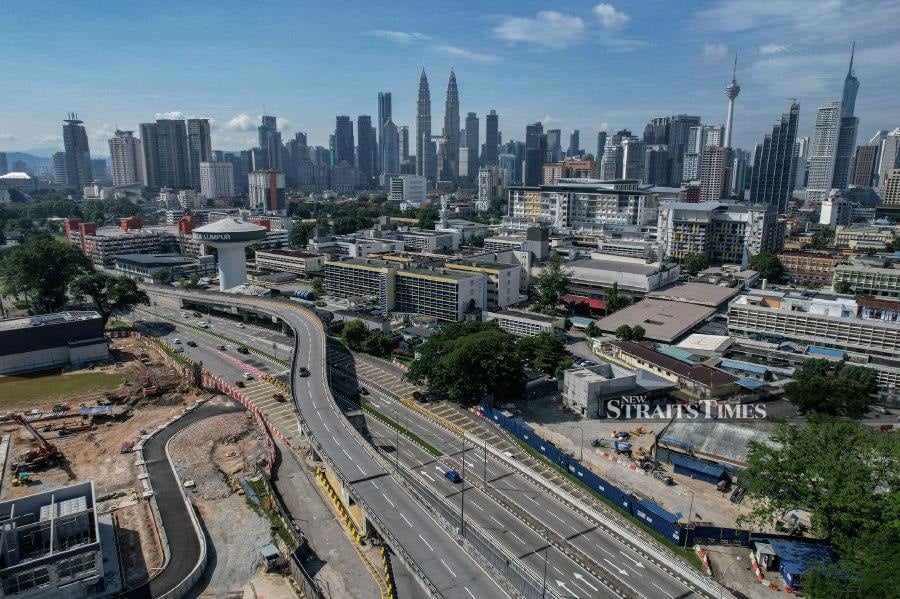PUTRAJAYA is priming Kuala Lumpur to be the start-up capital of Malaysia, with an eye on a top 20 global ranking. Khazanah Nasional Bhd, the Retirement Fund Inc (KWAP) and United States-based Blue Chip Venture Capital are expected to invest RM3 billion under the Asean Investment Initiative.
Khazanah, the government-linked investment company, is forking out an initial RM1 billion for the purpose, meaning more money is headed that way. Elsewhere in Puchong, Selangor, Malaysia's chip ambition is greatest.
There it is building an integrated circuit (IC) design hub, aimed at positioning the country as a leader in the global IC design industry. Making Malaysia a regional or global hub in start-ups or chips-related industry, with billions to back it up, makes good economic sense.
It might even be said to be timely. For the past several years, investors have been heading to Singapore and Indonesia to grow unicorns there. According to a South China Morning Post news report early this month, Singapore attracted roughly 80 per cent of the region's venture capital (VC) funding last year, while Indonesia picked up 10 per cent.
Malaysia was a distant third. Putrajaya's initiatives launched at the KL20 Summit on Monday are designed to change the flow. The billions of ringgit promised and the billions more to be forgone in tax holidays, concessionary tax rates on corporate profits, subsidised rentals and some such incentives are expected to reverse the flow.
PitchBook, a market intelligence firm, which the newspaper quotes, points to a peculiar Malaysian malaise: most of the VC funds that do enter the country are harvested by high-net worth individuals and families, leaving little for the start-ups of the country's enterprising millennials and Gen Z. Truth be told, Malaysia isn't short of start-ups.
Making billions of ringgit available is one thing, but making sure the money goes to where it is intended is another. For starters, it should not just go to high net-worth individuals or families. An inclusive Malaysia means an equitable distribution of wealth. A one per cent society is neither good for it nor the nation.
The other is for Putrajaya to prevent leakages of public funds. Misappropriation and mismanagement of funds are constant features of the Auditor General's annual reports. Not long ago, we were told that government agencies recovered RM2 billion in a follow-up audit following the AG's report.
Leakages occur because of poor corporate governance, the responsibility for which GLCs' board of directors and top management must be held accountable. Their fiduciary duty calls for reasonable care, skill and due diligence. Yes, they have all the management control mechanisms one can name.
And they have chief integrity officers, too. But leakages continue to happen year in, year out. There are two reasons for this. One, the wrong people are being appointed to helm and manage government agencies. Competency mustn't be the only criteria.
The most competent can be the most corrupt. Top positions in government agencies must be for the most competent and with unblemished integrity. Foxes must never be allowed to enter the hen house. Having allowed the foxes entry, Putrajaya must hold them accountable for failing in their fiduciary duty.
Herein lies our great inaction. Do these two and there will be no chance for good cash to become dirty money.





